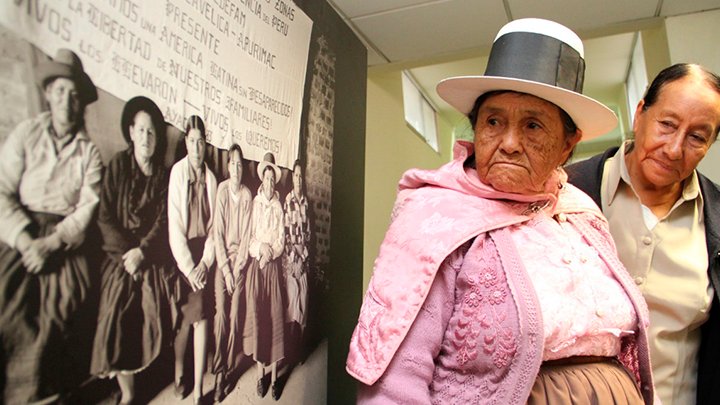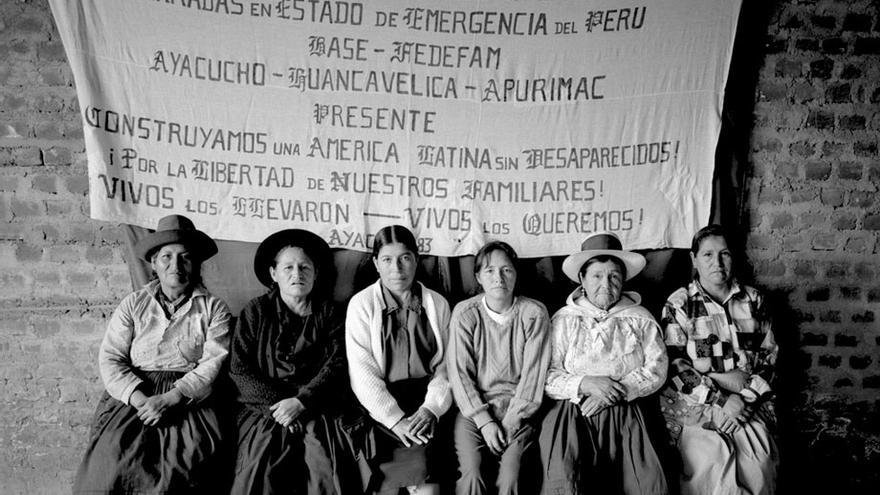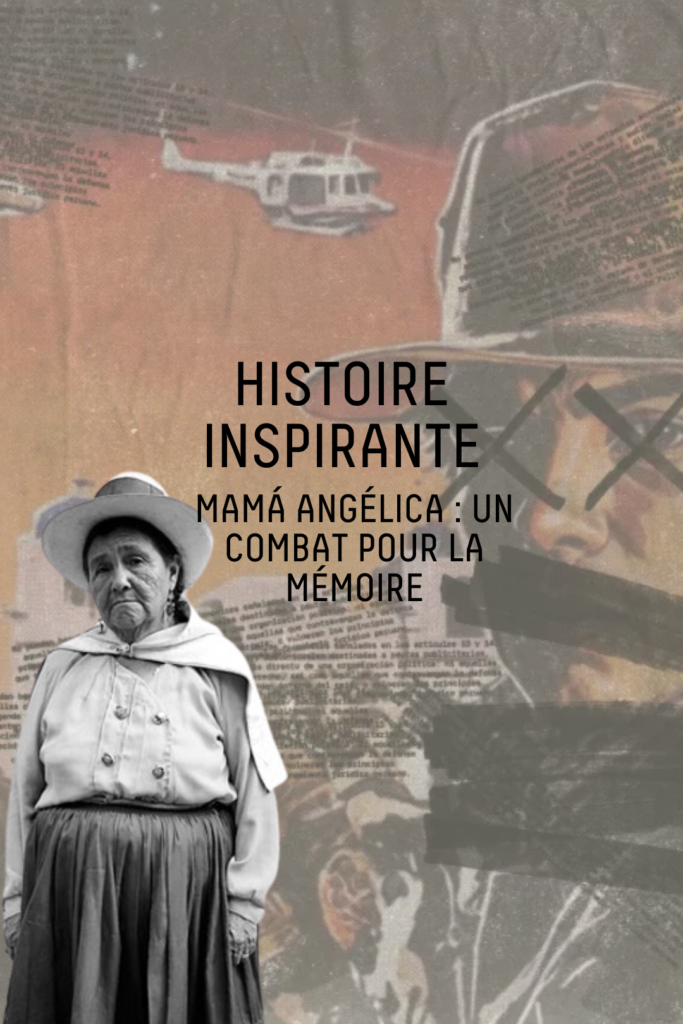Angelica Mendoza de Ascarza
In the 1980s and 90s, Peru endured one of the darkest periods in its history. A bloody conflict between the terrorist group Shining Path and the Peruvian armed forces plunged the country into a spiral of violence and fear Shining Path and the Peruvian armed forces plunged the country into a spiral of violence and terror whose consequences are still felt today.
HAS Ayacucho, an Andean region at the heart of the conflict, the population was living between two fires. Every resident could be suspected of collusion, whether by one side or the other. Shining Path guerrillas imposed their authority in the villages, threatening and punishing those who refused to cooperate. Conversely, the army viewed any rural resident as a potential accomplice to terrorism.

Result : The simple fact of living in a remote village, or even speaking Quechua, was enough to arouse suspicion. Brutal reprisals fell on both sides. Shining Path assassinated those it deemed "traitors to the cause," while the army carried out arbitrary arrests, often followed by secret detentions, torture, and often collective executions.
This daily terror has left thousands missing, shattered countless families, and silenced entire communities. According to the Truth and Reconciliation Commission, more than 69,000 people lost their lives or disappeared, the majority of them from rural, indigenous and poor areas.

In the midst of this tragedy, one woman chose not to remain silent: Angelica Mendoza de Ascarza, nicknamed Mama AngelicaIn 1983, her son Arquímides was kidnapped by the military. Faced with injustice and silence, she transformed her pain into a fight. With other mothers, she founded theANFASEP – the National Association of Families of the Kidnapped, Detained and Disappeared of Peru.
For years, Mamá Angélica walked the streets, military bases, and courtrooms, demanding justice with dignity. Without fear, without hatred, with a strength born of a mother's love. She has become the face of memory, a figure of peaceful resistance and moral courage.

Today, his legacy lives on through the ANFASEP Memory Museum in Ayacucho, a deeply human place, created by the families themselves, to honor the deceased and tell their story. In Lima, the Place of Memory, Tolerance and Social Inclusion (LUM) also offers a touching and necessary journey through this period.
In a world where forgetting is sometimes more comfortable, Mamá Angélica reminds us that remembering is an act of justice. And that a mother's voice can shake the silence.
Sources and references
- Angelica Mendoza of Ascarza — Wikipedia, the free encyclopedia
- ANFASEP – Museum of Memory
- Truth and Reconciliation Commission of Peru
- Place of Memory, Tolerance and Social Inclusion (LUM)
- Infopais.pe – History of ANFASEP and Mamá Angélica


